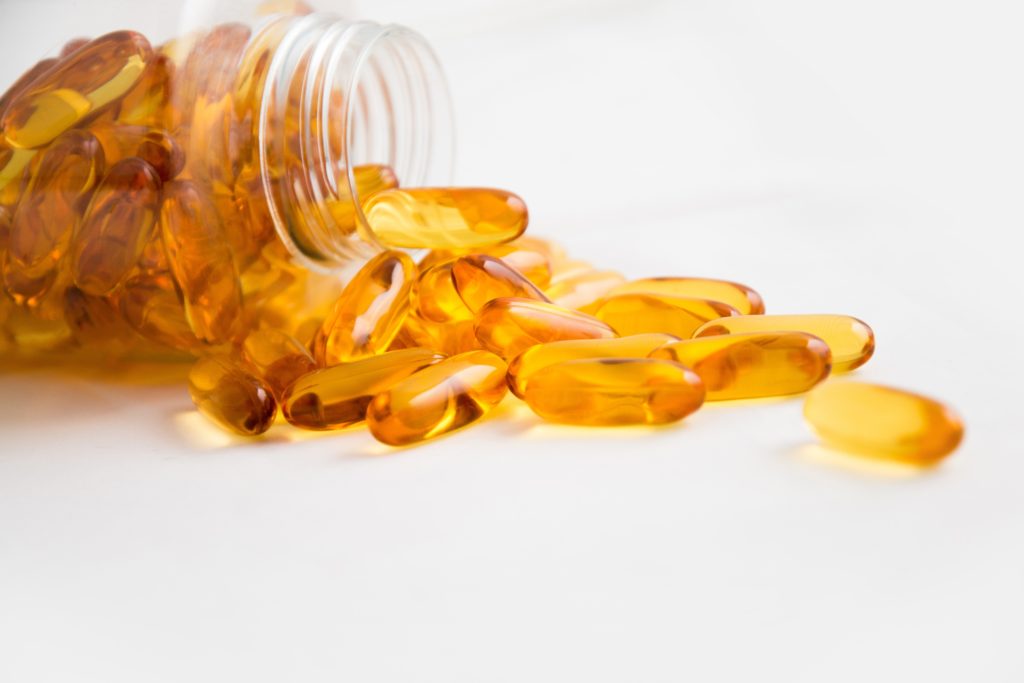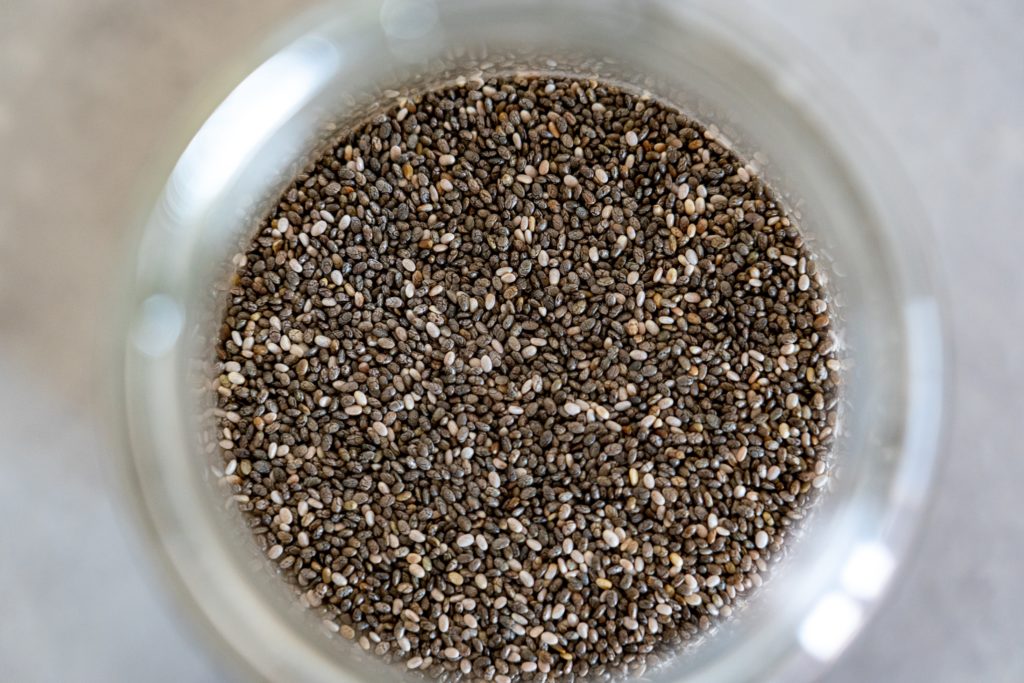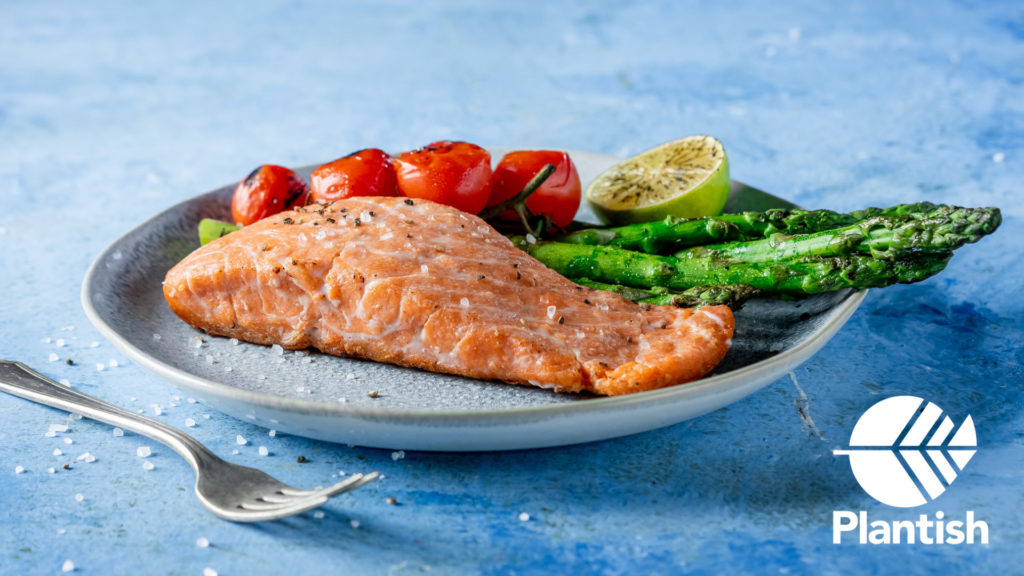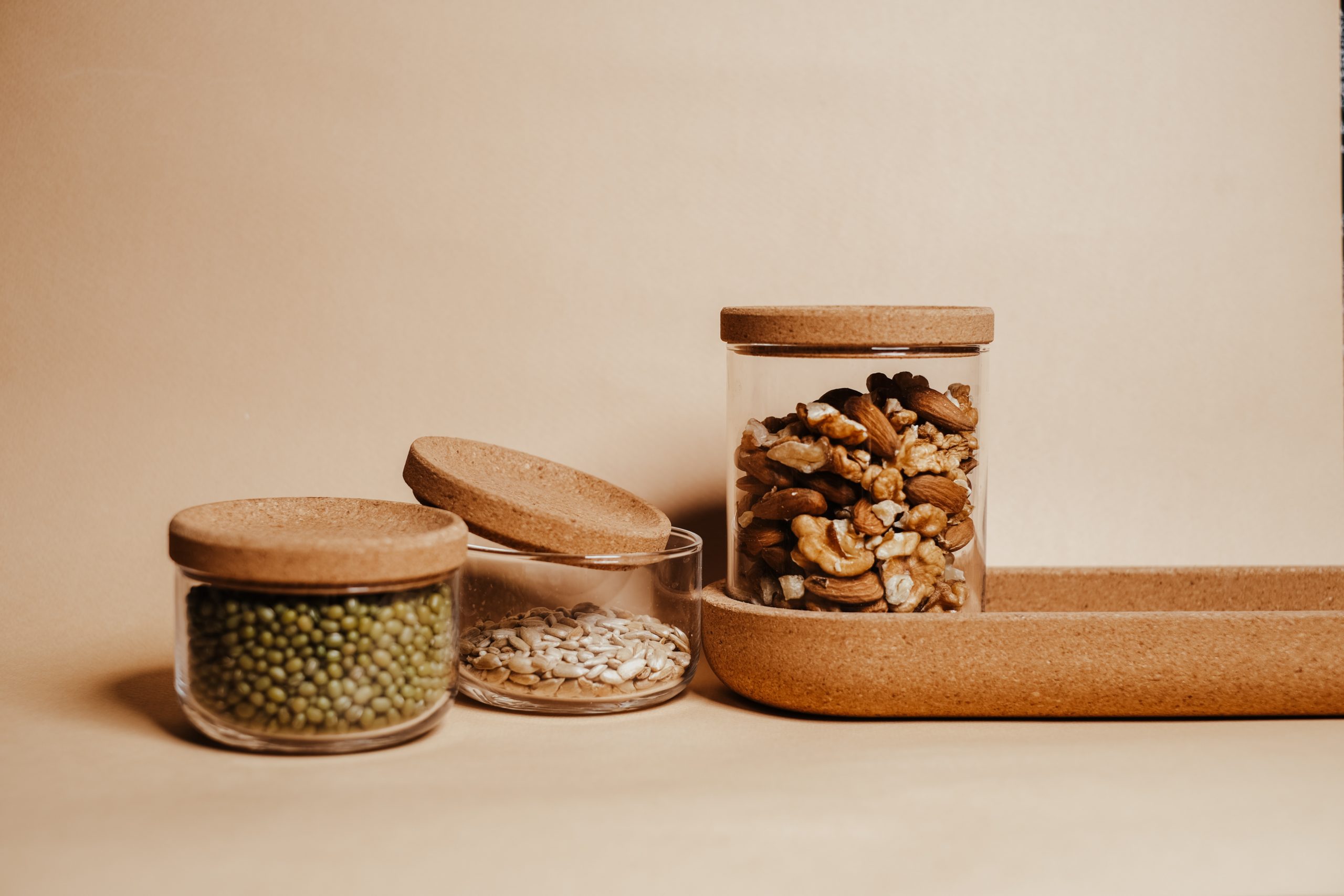4 Mins Read
Plant-based omega-3 offers heart-healthy benefits and can reduce the likelihood of serious heart disease, a new study has found. Published in the medical journal, Advances in Nutrition, findings point to vegan omega-3 offering comparable benefits to those commonly sourced from fish.
Omega-3 fatty acid, specifically alpha-linolenic acid (ALA) is not produced naturally by the body. Supplementation has traditionally taken the form of fish oils. Now, it has been demonstrated that consuming plant-based sources is an effective way to fight cardiovascular disease. Study findings point to a 10 percent reduction in risk of heart disease and 20 percent less risk of a fatal coronary event.

What are omega-3s and why do we need them?
Omega-3 fatty acids are made up of three different acids. ALA, as found in plant-based foods, eicosapentaenoic acid (EPA), and docosahexaenoic acid (DHA). The latter two are found in seafood, though ALA can be converted into them, in reduced amounts. Omega-3s are considered vital for heart health and important for overall wellbeing.
Researchers looked at findings from numerous ALA studies. Particular attention was paid to the effects of intake on heart disease and correlating risk factors. A combination of participant reporting and scientific analysing (biomarkers) of ALA levels was used to gauge the efficiency of the acid. When comparing study findings, it became apparent that ALA was effective in reducing elements including cholesterol and blood pressure.
“When people with low levels of omega-3s in their diet ate ALA, they saw a benefit in terms of cardiovascular health,” Jennifer Fleming, assistant teaching professor of nutrition at Penn State, reported. “But when people with high levels of omega-3s from other sources ate more ALA, they also saw a benefit. It could be that ALA works synergistically with other omega-3s.”

How much is the recommended daily dose of ALA?
Pre-existing nutritional guidelines state that adults need to glean between 0.6 and one percent of their daily energy requirements from ALA. This breaks down to equal around 1.1 grams for women and 1.6 grams for men. In simpler terms, six to seven walnuts would provide the daily dose, or slightly less than one teaspoon of flaxseed, added to breakfast cereal or a smoothie. Chia seeds provide a reliable source of ALA as well and are easy to add to almost any dish. Swapping in canola oil when cooking will usually get the daily grams in too.
Analysing previous studies, researchers concluded that current guidelines might need to be revised to suggest higher levels of ALA intake. This will likely be looked at if the acid’s effect on other chronic diseases is investigated further. Diabetes improvement was cited as a potential area for attention.
“With the advent of precision nutrition and personalized medicine, we are more aware than ever of the need to identify and target individuals who might get the largest benefit from increasing their consumption of ALA-rich foods,” Aleix Sala-Vila, lead author on the paper and researcher at the Institut Hospital del Mar d’Investigacions Mèdiques-Barcelona told Science Daily. “Paying close attention to the amount of ALA in the blood and how it affects heart health could help in this effort.”

The new wonder ingredient
Food and supplement producers are aware that ALA is a must-have. As such, many are looking to create plant-based capsules or simply add vegan omega-3s to their products, negating the need for supplementation altogether. As a selling point, added omegas are a hot topic, with plant-based seafood manufacturers leaping on the connection between their offerings and the conventional alternatives that are traditionally loaded with omega-3s.
In January this year, Dutch brand Wellness Innovations revealed it had secured €1.2 million in funding to continue developing fish-free supplements. The company produces an omega-3 gelatin-free capsule filled with algae oil. It claims to offer comparable nutritional support to fish oil, while preventing overfishing.
Also in January, Israel’s Plantish unveiled its new hyperrealistic salmon fillet. Aside from looking indistinguishable from the real thing, the startup claims that it provides identical nutrition as conventional salmon. Protein, B vitamins and omega fats all included. It is presumed that the latter comes from algae extract, which is used in the composition.
Lead photo by Vie Studio at Pexels.





